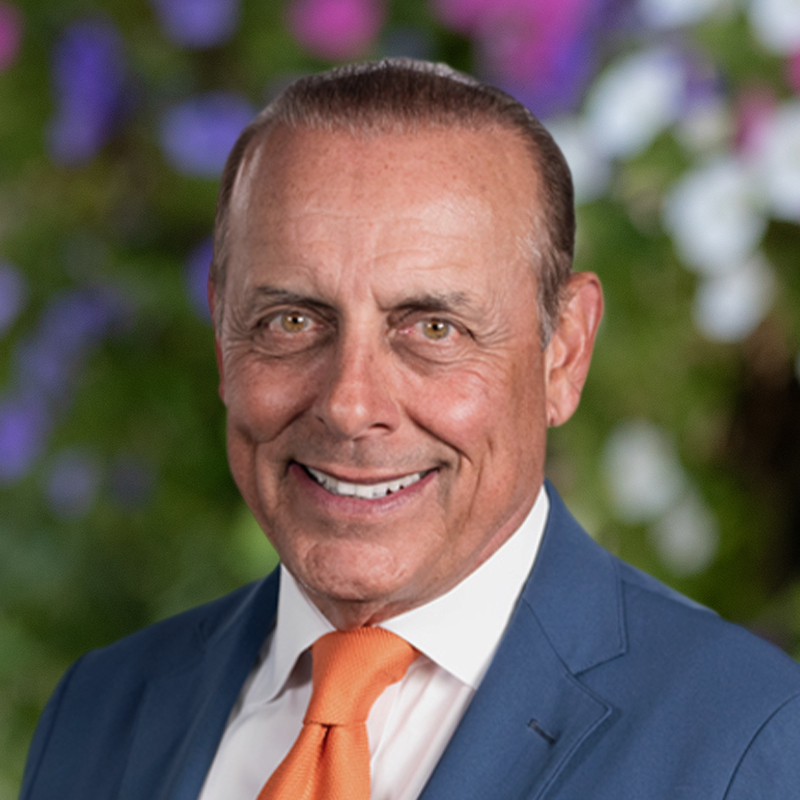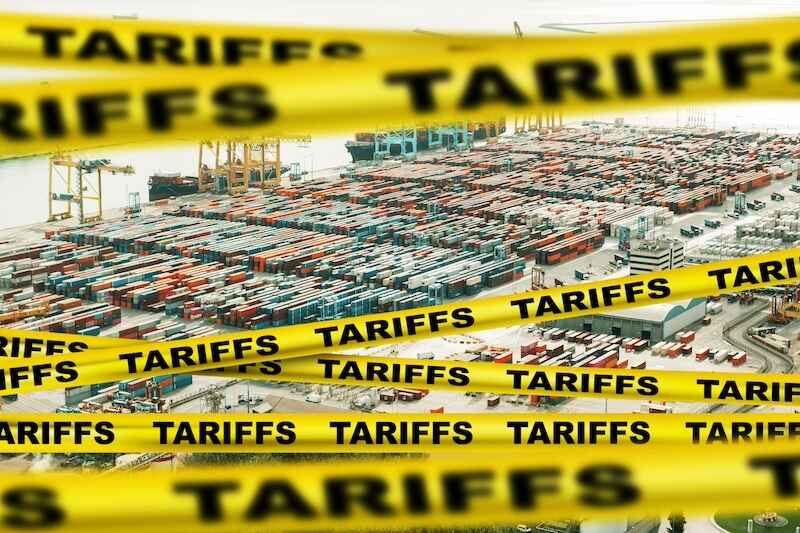The Real Story Behind Credit Suisse Bankers’ Fishy $2 Billion African Fraud
Shah Gilani|January 8, 2019
Last Thursday, three former Credit Suisse bankers were arrested in London in connection with a fishing fraud aided and abetted by Mozambique government officials and other characters.
Indictments handed down by the United States District Court for the Eastern District of New York charged the bankers and their accomplices with bribery, money laundering, and securities fraud in connection with raising more than $2 billion for three suspect companies, including a tuna fishing business marketed as guaranteed by the government of Mozambique.
The companies, with proceeds from bond sales, allegedly generated cash to pay bribes and kickbacks by overpaying $713 million for equipment they bought from an accomplice.
Corporate investigations and risk consulting firm Kroll says $500 million of the money raised is missing.
More than $50 million was paid to the bankers and their cohorts in the form of kickbacks.
That doesn’t include $200 million in bank fees the conspiring borrowers paid their bank cronies.
It’s another story of greedy, loan-pushing bankers, paying bribes, getting kickbacks, canoodling with corrupt foreign heads of state and government officials, and bank compliance departments being circumvented like subway thugs jumping over turnstiles.
Here’s what happened behind the scenes…
A Fishy Scheme
As is usually the case, the players in this tale of fraud, bribery, and kickbacks are true to form bigshots.
Of the three former Credit Suisse bankers charged in the case, New Zealander Andrew Pearse was a managing director and head of Credit Suisse’s Global Financing Group. Surjan Singh, a U.K. national, was a managing director in the Global Financing Group. And finally, Detelina Subeva, who is from Bulgaria, was vice president in the Global Financing Group.
All three bankers posted bail in London and are expected to be extradited to the U.S.
Manuel Chang was Mozambique’s finance minister, and signed off on the bond deals. He was arrested in South Africa on December 29 and is fighting extradition.
The intermediary salesman and deal negotiator in the heist, Jean Boustani, a Lebanese citizen, was arrested at JFK International Airport in New York on Wednesday and refused bail.
[URGENT] $15,800 profit potential in a single week [here’s how]
According to the District Court’s allegations, between 2013 and 2016, three Mozambican state-owned companies borrowed more than $2 billion through loans guaranteed by the government and arranged by Credit Suisse and another investment bank not named in the document.
One bank not named in the indictment, but part of the financing deals, was Russian lender VTB.
While $2 billion isn’t a lot for some countries, it’s about 12% of Mozambique’s annual GDP.
The scheme was to establish a tuna fishing company, build shipyards, and set up a coastal monitoring company.
A Credit Suisse feasibility study masterminded by the bankers projected the fishing business could sell tuna at three times the price of tuna being harvested in nearby Seychelles.
Another curiosity in Credit Suisse’s doctored due diligence called for the tuna fishing business to sell $200 million of fish a year to meet debt service.
However, based on interest on the bonds, debt service amounted to about $260 million a year.
Still, the bonds were easily placed with global investors, including American fund companies, because of their coupon and because investors were led to believe the companies, and by extension the bonds were guaranteed by the government of Mozambique.
The three companies were Ematum S.A., Proindicus S.A., and Mozambique Asset Management (MAM).
The Bad Actors Have to Be Jailed
The chairman of all three companies, Antonio do Rosario, holds prominent positions within Mozambique’s state intelligence and security services. He has refused to address any questions on the matter, citing “national security” grounds.
Jean Boustani, a salesman at Abu Dhabi-based Privinvest Group, a holding company that controls shipbuilding and other maritime assets, allegedly proposed that Mozambique contract with his company to build a coastal monitoring system.
Prosecutors allege Boustani negotiated bribes and kickbacks with Mozambican officials to get the project approved.
Finance Minister Chang created a special vehicle to take on the new debt without telling the International Monetary Fund, which provides aid to Mozambique.
The Credit Suisse bankers arranged the funding while sidestepping internal controls and the bank’s compliance department.
[CRUCIAL] These Four Cannabis IPOs Are Still a Secret, but They Won’t Be Soon
The indictment states that although the bank asked questions about some of the people involved in the deal, “the compliance department failed to pursue its inquiry further.”
And, when it comes to corruption at the top, Mozambique’s current president, Filipe Nyusi, was defense minister at the time the three companies set up, including the “coastline protection” company, and was a trustee of Ematum.
Are all bankers bad? Of course not. Are all government officials bad? Of course not.
But, until bad actors are jailed, for an amount of time commensurate with the size of the theft and pain they’re responsible for, and made examples of, these stories will continue to be the way it is in the world of egregiously greedy bankers and their co-conspirators.
The same sort of thing is happening in the U.S.
The bad eggs in the government and on Wall Street are on the brink of causing one of the worst financial disasters we’ve seen in years.
Think about it. We’re in the third week of a government shutdown, and President Donald Trump says this shutdown could last months – or even years.
And as this continues, seniors could be the first to be hit by the fallout, with their pensions potentially crashing and burning down the runway.
But, if you’re smart, and I know you are, you’ll listen closely.
Even if this thing sorts itself out, your investments could still be in danger. A pension market crash could happen at any time, any day, and you want to be one of the few who took the time to prepare.
A good friend and colleague of mine, Keith Fitz-Gerald, has put together a massive pension crash guide that shows you how you can ensure your safety in this – all while having the opportunity to grab a few extra bucks along the way.
Click here to learn more.
Sincerely,
![]()
Shah

Shah Gilani
Shah Gilani is the Chief Investment Strategist of Manward Press. Shah is a sought-after market commentator… a former hedge fund manager… and a veteran of the Chicago Board of Options Exchange. He ran the futures and options division at the largest retail bank in Britain… and called the implosion of U.S. financial markets (AND the mega bull run that followed). Now at the helm of Manward, Shah is focused tightly on one goal: To do his part to make subscribers wealthier, happier and more free.

